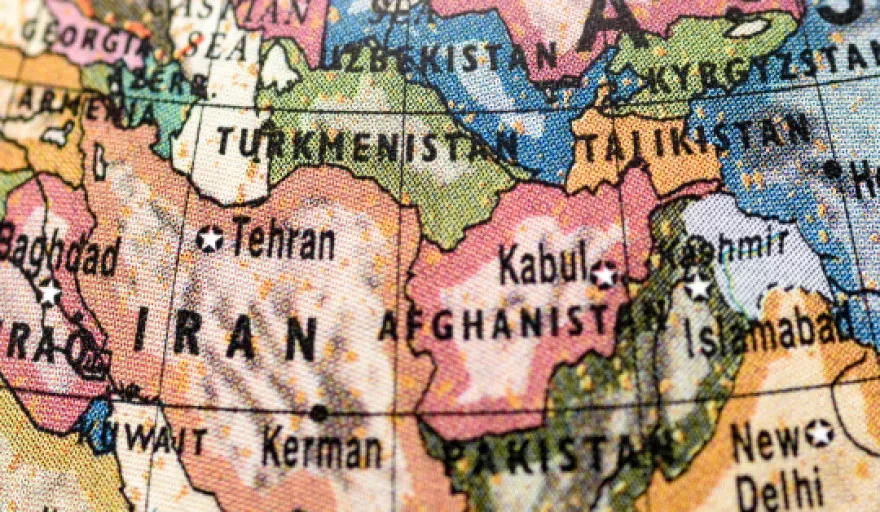Pakistan is in the final stages of negotiating a deal to increase its electricity imports from Iran tenfold, as part of a push to boost trade if sanctions relating to Iran’s nuclear programme are phased out.
A Pakistani government spokesman made the announcement, following the country’s trade with Iran plummeting in recent years.
In 2009 the link between the two nations was worth as much as $1.3 billion but the figure had dwindled to as little as $217 million by the 2013-14 financial year.
The drop came due to the US, EU and UN- imposed sanctions aimed at halting Iran’s nuclear programme, which western powers suspected was aimed at creating a nuclear bomb. A deal reached last month means the sanctions could soon be phased out however.
Iran currently exports around 100 megawatts (MW) of electricity to the areas of Pakistan that border Iran, and Pakistan is now in the final stages of negotiating a deal that will increase that to 1,000 MW, said Zafar Yab Khan, the spokesman for the Ministry of Water and Power.
“It’s likely to be finalised shortly,” he said. “The power purchase agreement would include a transmission line.”
“Energy-starved Pakistan suffers around 12 hours of power cuts each day and is keen to import Iranian oil and gas,” said Robina Athar, additional secretary in Pakistan’s Ministry of Commerce. “The biggest issue right now is the payment mechanism.
“Both central banks are in communication and hope to find a mechanism before sanctions are lifted.”
She went on to say that Pakistan was upgrading its current border post with Iran and preparing to open a second one in anticipation of greater trade.
Iran has long been interested in Pakistani textiles, surgical goods, sports goods and agricultural products, while Pakistan, in turn, would benefit from energy products, iron and steel.
Athar affirmed that Pakistan would set up industrial sites in the impoverished border area, especially petrochemical storage, and link the infrastructure to a $46 billion project with China, dubbed the China-Pakistan Economic Corridor.
Plans for a gas pipeline between Iran and Pakistan have also been given new impetus, said Mobin Saulat, head of state-run Inter State Gas Systems, which oversees Pakistan’s pipeline network.
Most of the pipeline – stretching from Pakistan’s industrial heartland of Punjab to a planned terminal for liquefied natural gas at Gwadar port in the south – would be built as part of the Chinese project, Saulat said.


















